Cliff Curtis talks to us about his role in “absurdly large” action pic Hobbs & Shaw
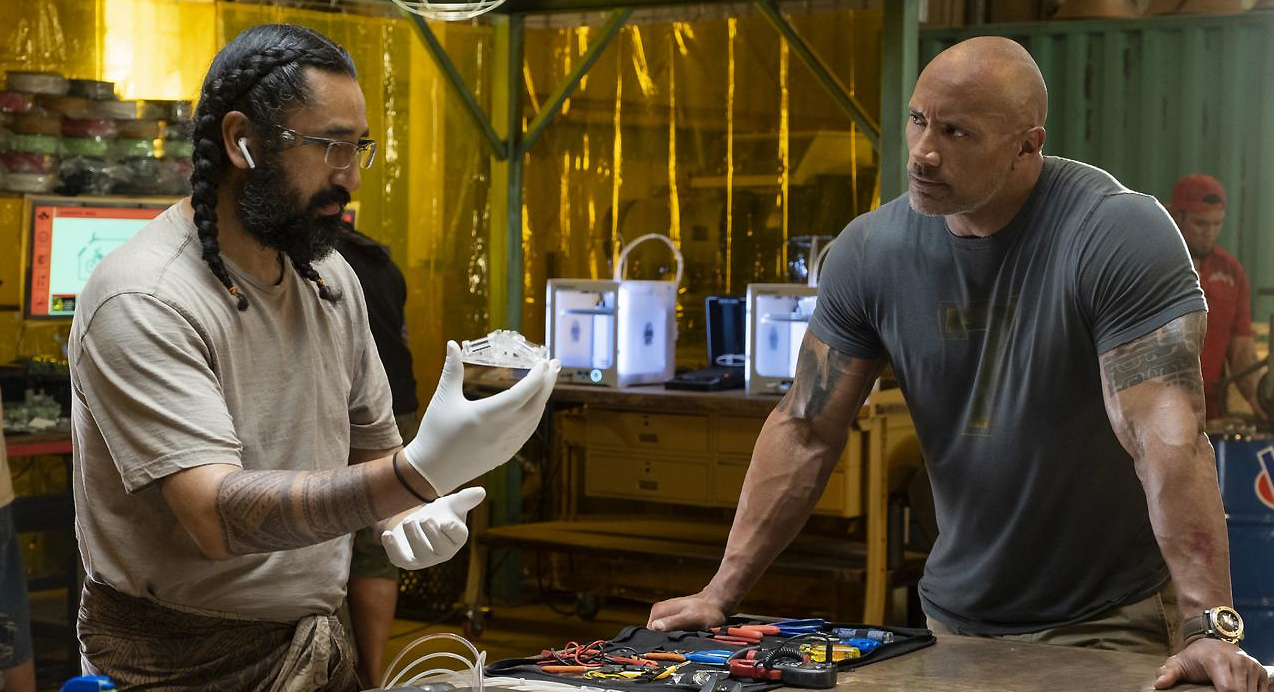
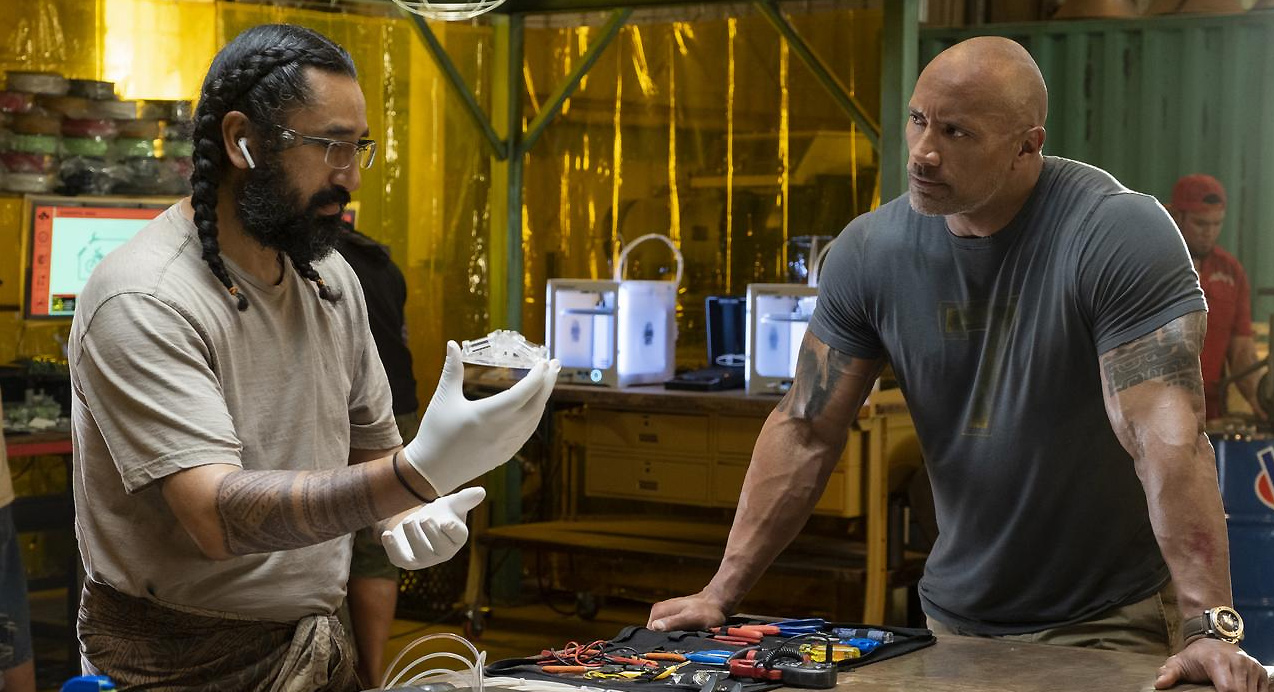
Fast & Furious: Hobbs & Shaw has shoved its foot on the accelerator and fenged to the top of the Australian box office. Cliff Curtis talks to Steve Newall about his role in the blockbuster spinoff.
Curtis joined Flicks on the phone to chat about being part of this massive film, the importance of maintaining one’s identity, and how he sets out to help us develop a sense of consciousness about who we are as a nation with his other, local, projects.
FLICKS: What was it like for you to join this absurdly large and somewhat absurd franchise?
It was absurdly large.
When you first got the part offered, was there a moment where you thought “time to be a Fast & Furious villain,” or anything like that? Or did you get the complete picture right away?
I had to have a look at the role. And I thought, “Well, there’s something interesting and unique about it in terms of that franchise and that world”. And David Leitch is a great director who does incredible action like John Wick, Deadpool 2, Atomic Blonde. So, the guy knows what he’s doing. A lot of the time, my decisions are director based. And he really also loves humor and creating continuity and consistency in the character evolution.
So, I looked at that and I thought, OK, this character is unique in the franchise because of the relationship, this brotherly relationship where you have to go on this incredibly extreme arc very efficiently. So you don’t have a lot of time and you got to try and make it work within the absurdity of this massive franchise. Yeah. That’s a good challenge.
So, the setup is that I’m the older brother of this character played by Dwayne Johnson and he’s been estranged from the family for like 25 years. And I’ve got to try and work with the director and with Dwayne to try to make that feel like it’s got some kind of validity amongst all of the action. So it’s a bit of a task.
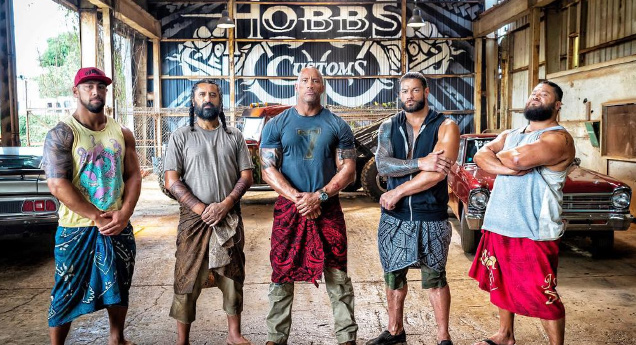
You’ve got to do a lot of emotional grounding when Johnson returns to his family in Samoa. The film has got this huge cartoonish moment elsewhere, but things get very serious. How much do you enjoy trying to bring that part of your acting skills to this huge moving piece of machinery?
Well, yeah. I mean it’s part of the fun. And the challenge of it that makes it worth me doing creatively. Of course, I love my independent films like The Dark Horse and Whale Rider and all of these other things. It’s something of a challenge just to bring some heart to a massive franchise. So, I’m okay with it. It feels good to me. But again, it’s about the collaborators. Dwayne Johnson’s a cool guy. He was totally up for it. He totally accepted that we were collaborators. And he’s open to trying things. He doesn’t take himself too seriously.
We had a great director, who is an incredible director who’s interested in trying to see where he could squeeze some kind of this narrative out there. Other directors, other movie stars just don’t care. They’re not invested in their part of the movie. They just want to just punch and blow things up and just keep things going on their level, which is fine. That’s entertainment. People find that entertaining.
But I think that the bigger movies get the more complex they get. You look at the themes that you play in action movies now. Genres are so complex, or you could say convoluted, in terms of how much they try to pack into these movies. But at least they’re trying and audiences seem to respond.
One of the things that’s a nice surprise is the degree of respectfulness for the Samoan culture. That’s not necessarily something that you’d expect from a film of this size. What did that look like from the inside for you in terms of your responsibilities to your character and how the film treated Samoans overall?
Well, there’s a really simple reason as to why they tried so hard to do things as best they could. Dwayne Johnson has a mother. And she was on set. So there was a barometer that she was measuring how well we were doing. And so, if a mother could be more proud of her son, I would like to know who it is. To see him step up—he doesn’t speak Samoan, but to see him speaking Samoan that is her mother language, just brought tears to her eyes. That was actually the best part of the movie for me, to see a man at the height of his career, of his powers, paying tribute to his mother. This was just actually happening behind the scenes. And I thought it was a very impressive tribute to his mother.
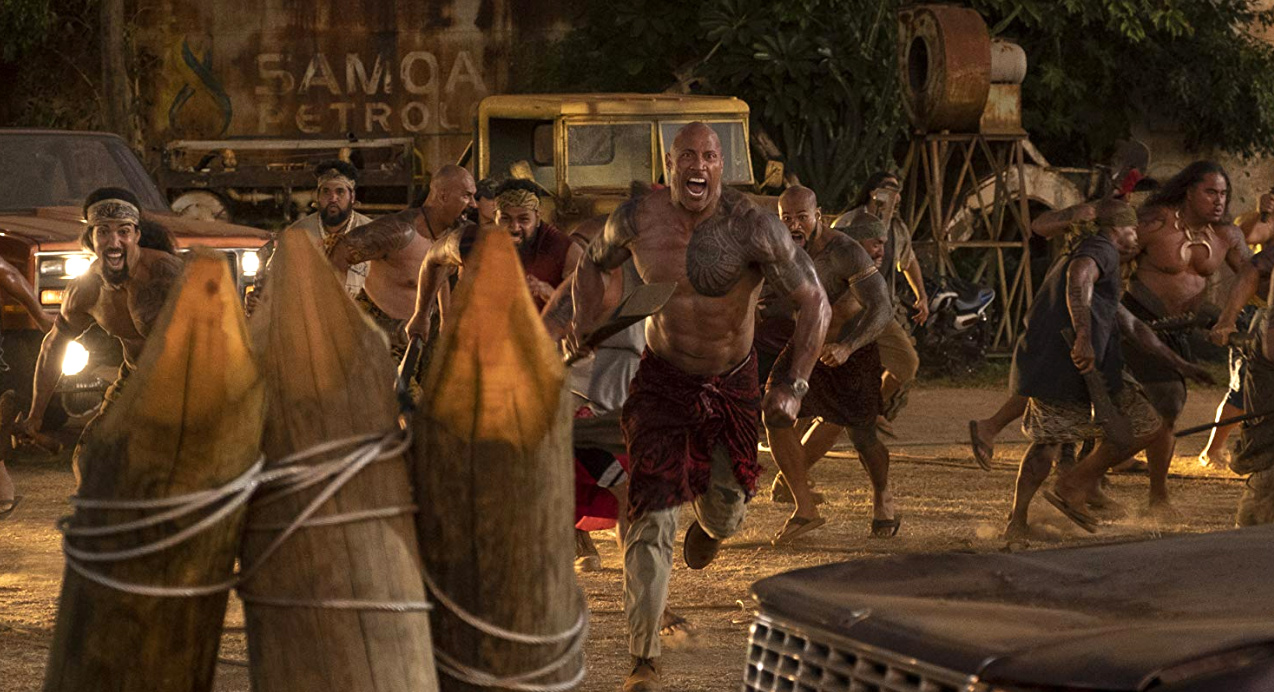
There’s something almost nicely anti-colonial about that part of the film, in a way. Do you get that vibe, a family coming together to repel technologically advanced invaders?
You could go there. I mean, the central things are around “if the world’s falling apart, and it’s the end of the world, and everybody’s going to die and you’re in trouble, who do you turn to?” You turn to your family. You turn to the people that love you most. And it’s like, before you die, you don’t have any regrets. So that’s the central theme. We inherited that from Fast & Furious and it’s been morphed into this new possibility.
The other theme that I think is interesting to consider is that you’ve got this British action movie star and you’ve got this American action movie star and they could not be more different—apart from the fact they’re both bald—and so it’s about diversity and unity, and diversity under a state of conflict. Do we really have to wait until the world’s ending before we resolve conflicts in our family? Do we really have to wait until the world is going to end before we learn to work with each other even though we’re different? And so those are the most interesting themes in the movie for me that are worth considering.
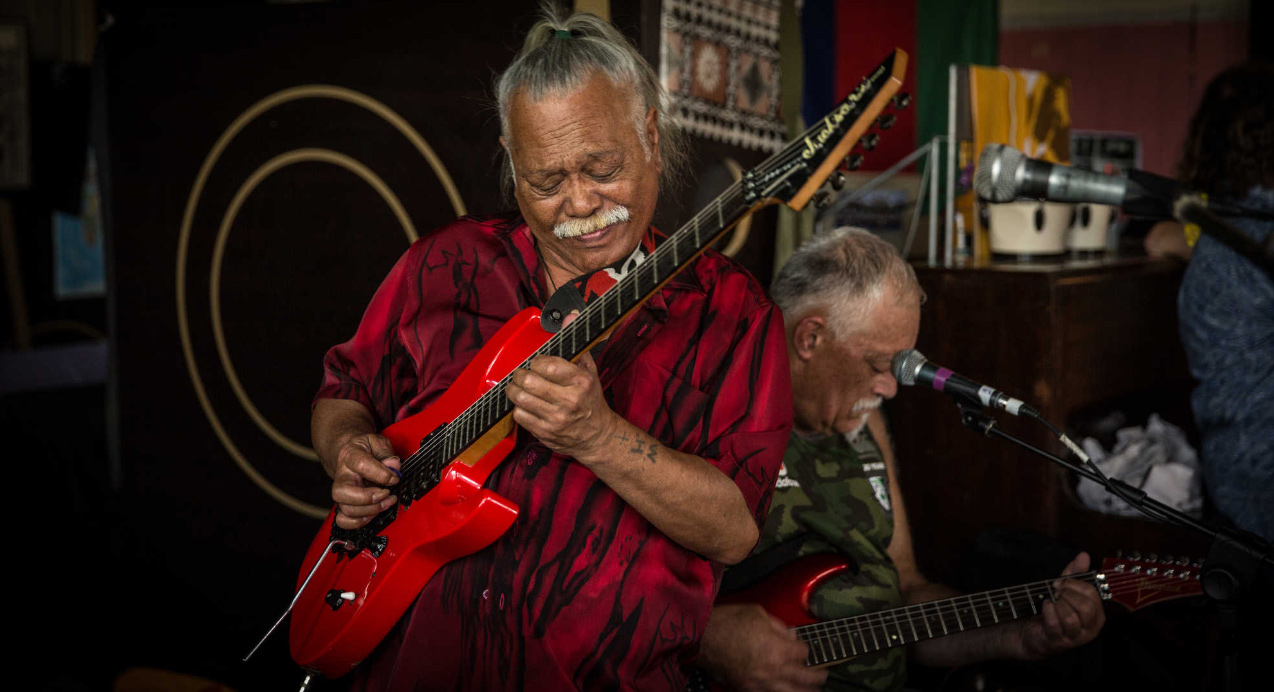
Those ideas of unity and conflict and spanning different cultures, a group of men coming together to save the world… It’s interesting that there’s another film that you’re involved in that’s out this month that has some of those themes.
Herbs.
Indeed.
Exactly. The Apostles, Polynesia coming together and trying to sort of breathe life into social consciousness. I suppose, if any measure of success that I could use to determine whether I’ve done OK in life, in my career at least, is that I’ve managed to bridge these two worlds. Hollywood blockbusters at pretty much their height, A-list sort of projects—Avatar, The Walking Dead franchise, and now this franchise. It doesn’t get bigger than these franchises. Maybe Marvel and DC.
Being engaged in Hollywood blockbusters, but also using that to help me to stay honest and to balance my life by telling stories about life that belong to us, that help us consider our identity in the world. And why I think that’s important is because if you look at Taika, who has just had meteoric successes, incredible. He’s on top of the game over there [Hollywood] in terms of all of that, but if he didn’t go there with something to offer, they wouldn’t want him. It’s about us having an identity.
There’s Lorde, I saw her on the plane the other day, if she didn’t have a sense of who she was coming from here, and what was unique about who she is and grounding that and our unique culture, then they probably won’t want her over there. It doesn’t matter how talented you are, you’ve actually got to have something to offer the world. And you don’t get to offer anything to the world if you don’t dig down and have an identity grounded in who and what you are.
And so, Herbs: Songs of Freedom for me and the other documentary that came out earlier this year, Merata [Curtis is a producer of Herbs, executive producer of Merata] those are commitments on my part to tell stories that help us develop a sense of consciousness about who we are as a nation, as individuals and as a society. That, I think, enriches us to be able to have something to offer back to ourselves, to our families, to our society, to us as a nation. And if we are interested, it becomes pretty interesting for people globally as well.
















